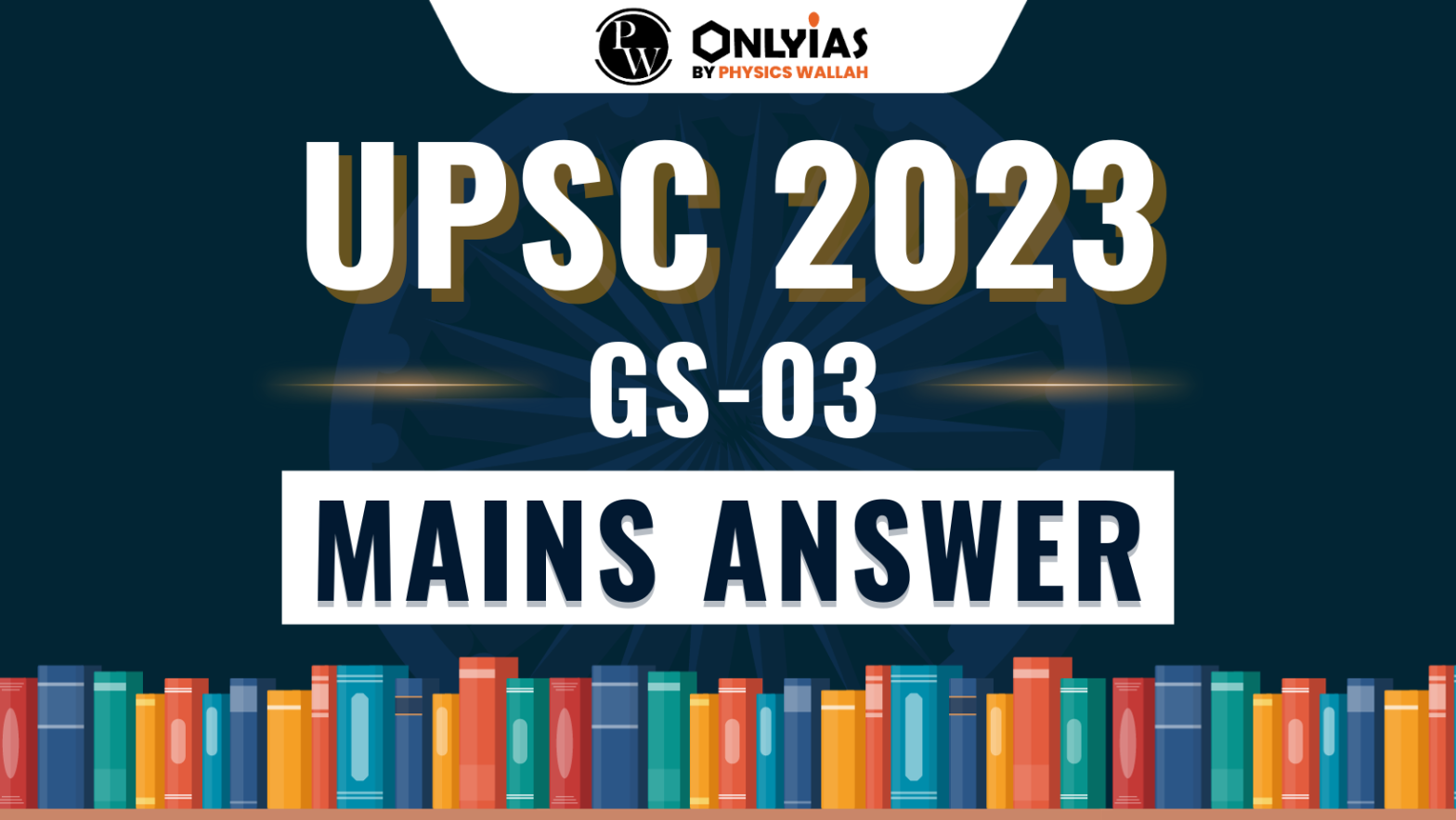UPSC - AI in Healthcare: A Double-Edged Sword? Discover AI's potential for diagnosis & the ethical dilemmas surrounding patient data privacy.

Q5. Introduce the concept of Artificial Intelligence (AI). How does Al help clinical diagnosis? Do you perceive any threat to privacy of the individual in the use of Al in healthcare?
| How to approach the question
Introduction ● Write about the concept of Artificial Intelligence (AI) briefly Body ● Write how Al can help in clinical diagnosis ● Write about the threat to privacy of the individual in the use of Al in healthcare ● Write suitable way ahead in this regard Conclusion ● Give appropriate conclusion in this regard |
Introduction
Artificial Intelligence (AI) refers to the simulation of human intelligence in machines, enabling them to perform tasks that typically require human intellect. These include problem-solving, speech recognition, and decision-making. With the advent of advanced algorithms and computational capabilities, AI has permeated various sectors, including healthcare.
Body
Ways in which AI Can Helps in Clinical Diagnosis
Threat to Privacy in AI’s Use in Healthcare
Way Ahead
Conclusion
AI holds transformative potential for healthcare, but, as with any potent tool, it comes with challenges, especially concerning data privacy. It’s imperative to strike a balance between leveraging AI’s capabilities while ensuring that patient privacy remains uncompromised. A forward-looking, collaborative, and regulated approach is the way forward.
| For a Detailed explanation of the UPSC GS-01 Mains question 2023, click here.
For a Detailed explanation of the UPSC GS-02 Mains question 2023, click here. For a Detailed explanation of the UPSC GS-03 Mains question 2023, click here. For a Detailed explanation of the UPSC GS-04 Mains question 2023, click here. |

<div class="new-fform">
</div>